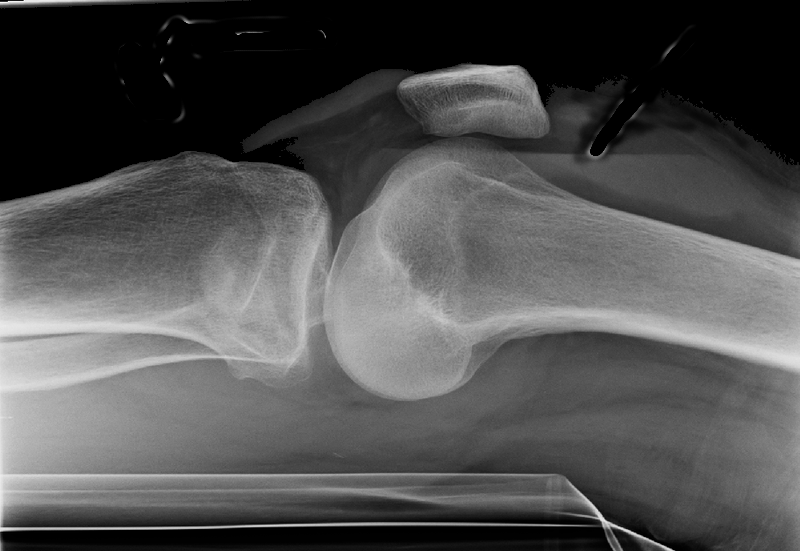 WIKIMEDIA, JAMES HEILMANThe US Food and Drug Administration (FDA) this week (December 15) approved “Maci,” a tissue engineering technique that involves growing a patients’ own cartilage on scaffolds and then implanting the cell-covered device back into their damaged knees. The announcement comes on the heels of a promising two-year trial followed by a similarly successful three-year study, MedPage Today reported, which demonstrated safety and efficacy in 144 patients. “Overall efficacy data support a long-term clinical benefit from the use of the Maci implant in patients with cartilage defects,” the FDA wrote in a release.
WIKIMEDIA, JAMES HEILMANThe US Food and Drug Administration (FDA) this week (December 15) approved “Maci,” a tissue engineering technique that involves growing a patients’ own cartilage on scaffolds and then implanting the cell-covered device back into their damaged knees. The announcement comes on the heels of a promising two-year trial followed by a similarly successful three-year study, MedPage Today reported, which demonstrated safety and efficacy in 144 patients. “Overall efficacy data support a long-term clinical benefit from the use of the Maci implant in patients with cartilage defects,” the FDA wrote in a release.
The surgical technique involves expanding the patient’s autologous cartilage cells and then growing them within a porcine-derived collagen membrane, which can then be implanted back into the patient’s knee, even more than once (if needed). Surgeons interested in using Maci, which is manufactured by Cambridge, Massachusetts-based Vericel Corporation, will require specific training in the technique.
“Different cartilage defects require different treatments, so therapy must be tailored to the patient,” said Celia Witten, deputy director of the FDA’s Center for Biologics Evaluation and Research, in the release.




















